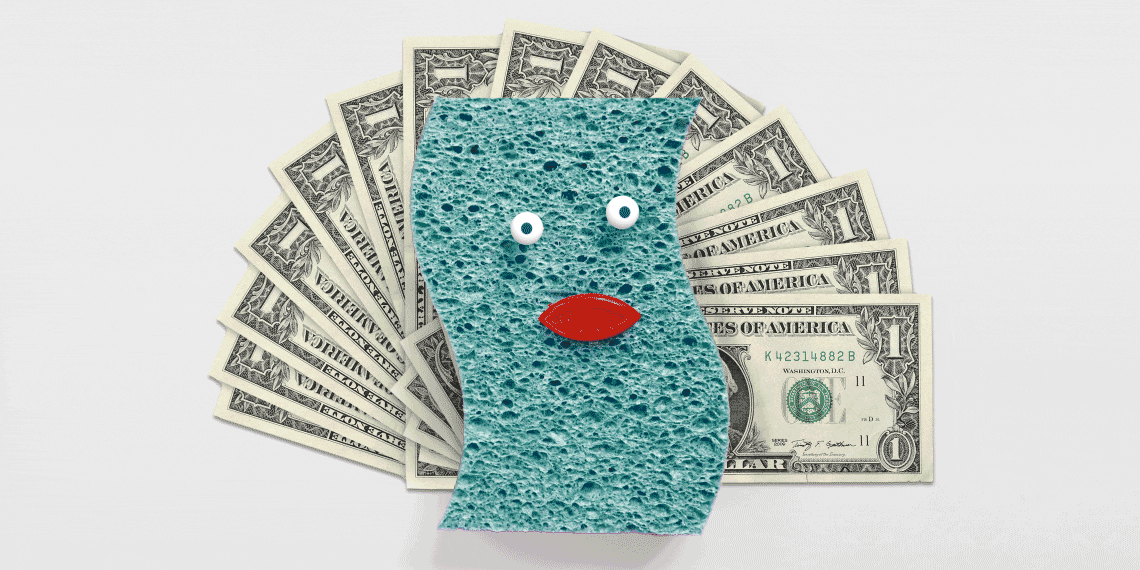
Winter spending can add up quickly: The holidays take a bite out of your budget; heating the house leads to higher energy bills; and on cold days, maybe you ordered more takeout than you should have. But now that spring has arrived, it’s the perfect time to clean up your finances and clear away bad spending habits or financial excesses. These easy steps will help you declutter your finances.
Shred Old Documents
Do you have stacks of paper lying around collecting dust? Or financial documents stuffed throughout your drawers and cabinets? In many cases, you don’t actually need these old files. Time to get organized. Read through everything and scan files you think you may need someday. You’ll definitely keep originals of legal and personal documents—Social Security cards, birth certificates, death certificates, marriage and divorce papers, and the like. Plus, hang on to tax files and returns for at least seven years. Then get the shredder out—shredding will help protect your data. Clear out your credit card bills, utility bills, bank statements, pay stubs or expired warranties and send them all through the shredder.
Save for Summer
Summer is just around the corner and you don’t want to end up with the summertime blues if you don’t have money to travel, visit family or throw BBQs in the backyard. Setting up a high yield savings account can help you kickstart your savings. Work backward to hit your savings goal: Calculate how much total money you need and then divide it by the number of weeks you have to hit the goal to find what you’ll need to contribute on a weekly basis. (Need inspiration? Check out these “Amazing Experiences Meant for a Splurge.")
Track Your Spending
If you’re having trouble finding the money to save for a summer adventure, or you’re not hitting other savings goals (like funding your retirement account), take a good hard look at your spending. You need to know where your money is going to determine if that’s where you want your money to go. Make sure that your spending matches your financial goals.
Know Your Credit Scores
Healthy finances are usually reflected in healthy credit scores. Unhealthy FICO scores can lead to challenges in obtaining short-term loans or getting a mortgage. A credit report typically tells you why you got the score you did, so you can make changes to your habits to improve. Take time this spring to check your credit scores, and visit usa.gov to see which agencies track credit histories.
Be Smart with Your Refund
Once you’ve filed your federal and states taxes, you can figure out a plan for your refund. According to the IRS, refunds averaged just over $2,000 in 2018. What to do with a windfall of that size? Create an emergency fund, pay off debt or funnel it into a savings account for a rainy or sunny day.
Katrina Woznicki is a writer based in Los Angeles. Her reporting and essays have appeared in National Geographic Traveler, AFAR, The Washington Post, The Los Angeles Times, The Boston Globe and US News & World Report, among others.
Ready to start saving? Open a Vivid Crest Bank
high yield savings account today.

